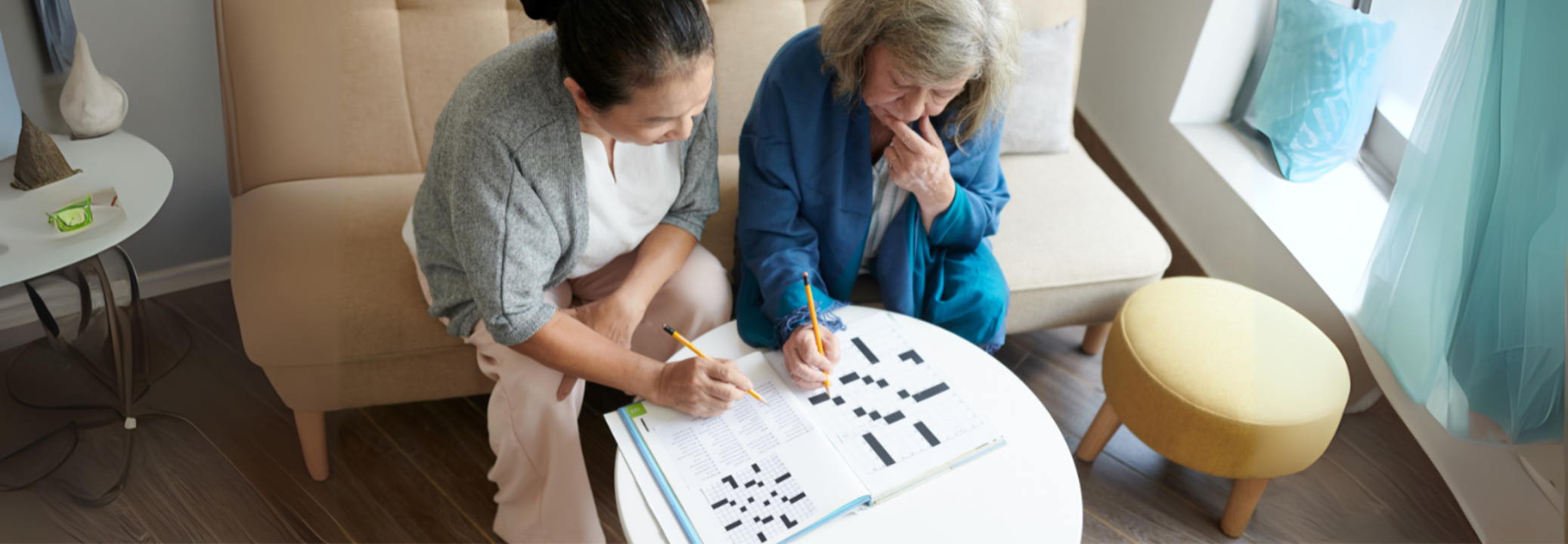Can Solving A Puzzles A Day Keep Dementia Away?

Image Credit: Canva
SummaryThink brain puzzles are just a hobby? Research shows doing crosswords, sudoku, or jigsaws regularly can sharpen memory, improve attention—and might even delay dementia. Ready to puzzle daily?
End of Article
